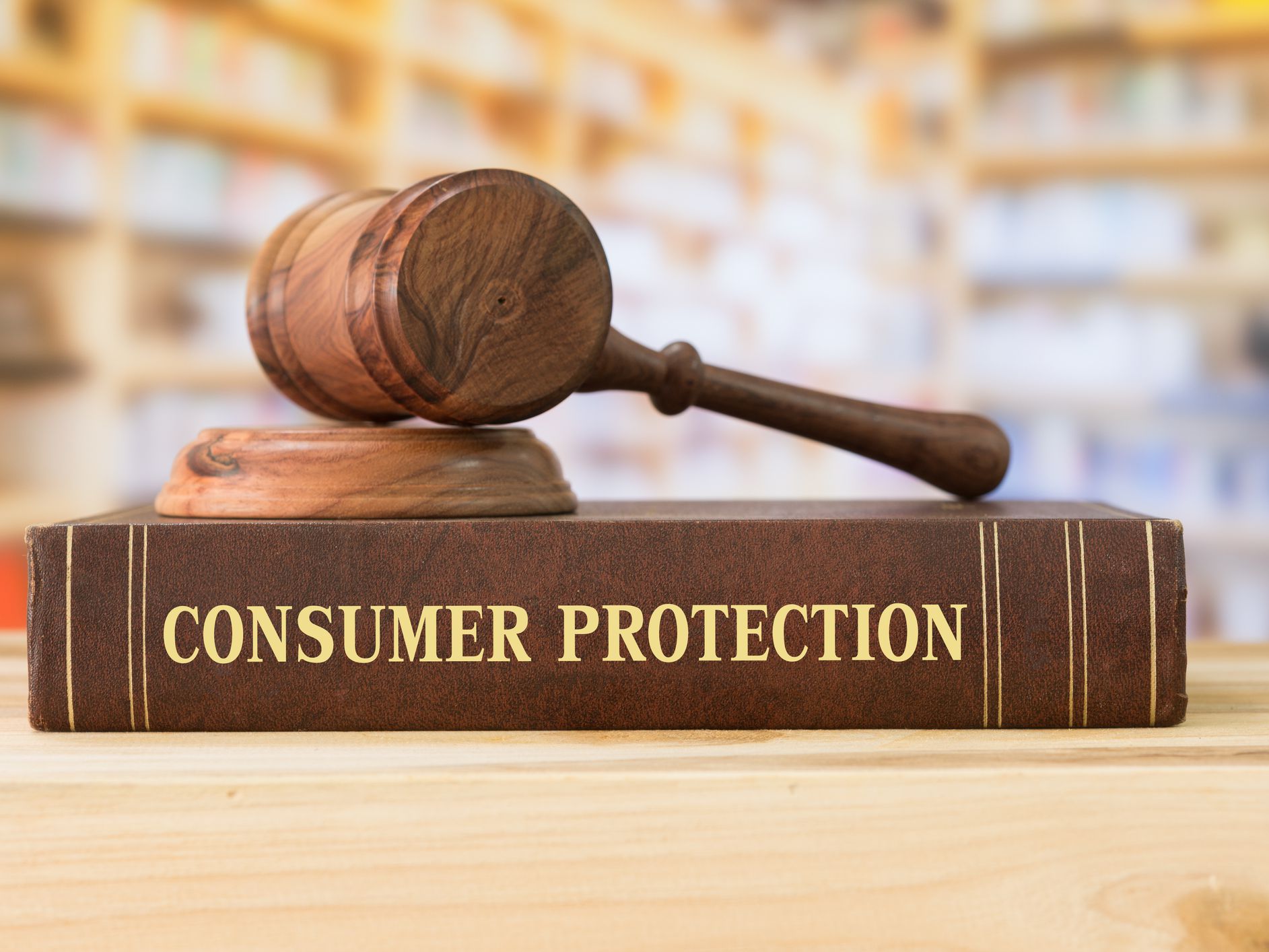For many people, buying a car is the second largest purchase in their lifetime aside from a home.
The automotive market can be fraught with challenges but it’s also a great place to save money and an avenue to find diamonds in the rough, one of which is purchasing from a private seller. While buying used vehicles can offer unique advantages, it also presents certain risks and has a reputation for throwing curveballs at you (can anyone say, used car salesman?).
We’ll explore the pros and cons of buying a car from a private seller and help you decide if it’s the right route for your next vehicle purchase.
Reasons to Purchase from Private Sellers

Lower Price
The biggest advantage of buying from a private seller is that the vehicles are priced lower on average. Dealerships have overhead costs and pay their employees whereas private sellers don’t have any of those costs. As a result, you’re way more likely to score a vehicle at a better deal.
Some sellers are also looking for a quick sale, making room for negotiations. Occasionally, you’ll find a seller who might not want to haggle and list the car lower at the outset.
Direct Negotiation with the Owner

Another advantage of buying directly from a private seller is that there’s a more personal, less pressured experience. Dealerships have garnered a reputation for using unscrupulous tactics which can sour the experience of purchasing a vehicle, or employ marketing strategies that can leave you with a car that costs more than you were expecting to spend.
With private sales, you can communicate with the current owner, ask about the car’s history, and have the opportunity to negotiate prices. As with any negotiation, you’ll still need to be savvy and take into considerations when reaching an offer that satisfies both parties.
As part of the purchasing process, don’t forget to do the following:
- Evaluate Your Needs and Budget: You’ll likely already know what type of vehicle you’re wanting to purchase, but have realistic expectations about what the average price of the car you’re looking for is.
- Search for Listings: Check out listings in local classifieds on platforms such as Facebook, Craiglists, and Autotrader. Comparing prices will give you an idea of a range of offers depending on the vehicle’s condition, history, and mileage.
- Get a Vehicle History Report: When you contact the seller to discuss potential questions about the car’s history, condition, and reasons for sale, you’ll want to follow up with a vehicle history report. These reports can reveal claims that the owner has not divulged, or may be even aware of if they are not the original owner. Additionally, be aware that vehicle history reports can be faked so ensure authenticity by ponying up the money and purchasing your own. Even, then, it’s best to have a mechanic inspect the vehicle as accidents and repairs get reported only when they go through insurance compared to fixing it privately.
- Verify Ownership: It’s crucial to verify that the seller indeed owns the car. Ask for identification and compare it with the name on the car’s title and registration. Check if the vehicle has a lien on it or not, or you could be on the hook if there’s more money owed on it than what you paid.
Wider Variety of Vehicles

If you’re not particular about the type of vehicle brand or segment and are just looking for a vehicle from A to B, private sales offers just as much flexibility as selecting from a dealership fleet, if not more.
For buyers who are searching for a specific trim or model, such as rare finds or older models that are no longer available at dealerships, private sales allow you to find unique cars that you can’t find elsewhere at a lower price.
Avoiding Dealer Fees
Ah, the dreaded dealer fees. With private sales, you bypass dealer fees such as admin fees and freight (if buying new). Dealers are notorious for stacking on fees in line items, some of which are bogus and make absolutely no sense.
- Common dealer fees include:
- Destination Fees
- Documentation Fees
- Title and Registration Fees
- Sales Tax
- Warranties and Maintenance Costs
- Market Adjustment Fees
The list goes on and there is no limit to their imagination for what they try to squeeze out of unsavvy buyers. Bypass these dealer fees and save yourself hundreds, if not thousands, of dollars by pursuing private sales.
Drawbacks to Purchasing Vehicles Privately
Buying a vehicle privately isn’t always the most straightforward experience either. Private sellers are equally as motivated to offload their cars and get top dollar for it. There is just generally more flexibility as sellers have varying levels of negotiation skills, or simply don’t care to negotiate as stringently as a trained dealership employee would.
Lack of Warranty or Protection

Unlike dealerships, a private seller won’t offer a warranty on their used vehicle unless it still has an active warranty which they can transer. Once the papers are signed and you drive away, any issues that emerge are now your sole responsibility. This is a significant risk, especially for vehicles that have hidden problems which aren’t detected until the keys change hands.
Buyers should always conduct thorough inspections and consider bringing a mechanic along.
Additionally, you can mitigate this risk by asking questions and assessing the truthfulness of the sellers. Cars which are well-maintained usually come with fulsome and complete service records, as these sellers understand that documentation provides good insight into the history of the vehicle.
Limited Financing Options
Another drawback to purchasing a vehicle privately is that most sellers will require full payment upfront which can present a challenge and limit your financing options.
For those who don’t have the cash on hand to pay for a vehicle outright, you’ll need to arrange for financing through a bank loan, so be sure to have your ducks in a row before finalizing that car deal.
Dealerships get kickbacks for loans and due to the volume of sales, they often have better rates on automotive loans so factor that into your cost analysis.
Lack of Consumer Protection

Buying from a private seller usually means less legal protection compared to dealerships.
Caveat emptor means “buyer beware.”
If a car turns out to have issues, it can be quite challenging to seek recourse, even through civil suits, which is why it’s essential to use a proper bill of sale to document the transaction and details of the car.
To protect yourself during the purchase, you can search online repositories, such as the ones offered by Lawrina, for a reliable bill of sale for car template to cover all legal aspects of the transaction.
From a seller’s perspective, when cars are sold privately, it is written into the contract that the vehicle is “sold as is” with the understanding that once money changes hands, the car is now the buyer’s responsibility.
Less Assurance on Vehicle Condition

Lastly, the overall condition of the vehicle can vary drastically. Ever see this listing?
“Mint condition. Drives great except the engine dies every so often.”
Private sellers aren’t held to the same standards as dealerships when it comes to vehicle condition. Some folks may drive a car for 20,000 miles and not even get basic maintenance done such as an oil change. There is literally zero guarantee that the vehicle has been properly maintained.
Again, it bears repeating that it’s essential to run a vehicle history report and have the car inspected before finalizing the purchase.
Conclusion
Should you buy a car from a private seller? It depends.
It can be a great option for those looking for a better deal, a more personal buying experience, or access to a unique vehicle. However, it does come with risks and uncertainty that require careful consideration.
There are unsavvy sellers all around, so it’s best to equip yourself with as much knowledge about the vehicle as possible. Be a savvy consumer, don’t make desperate decisions, and by knowing what to expect and preparing with the right resources, you can make an informed decision and protect your investment.









